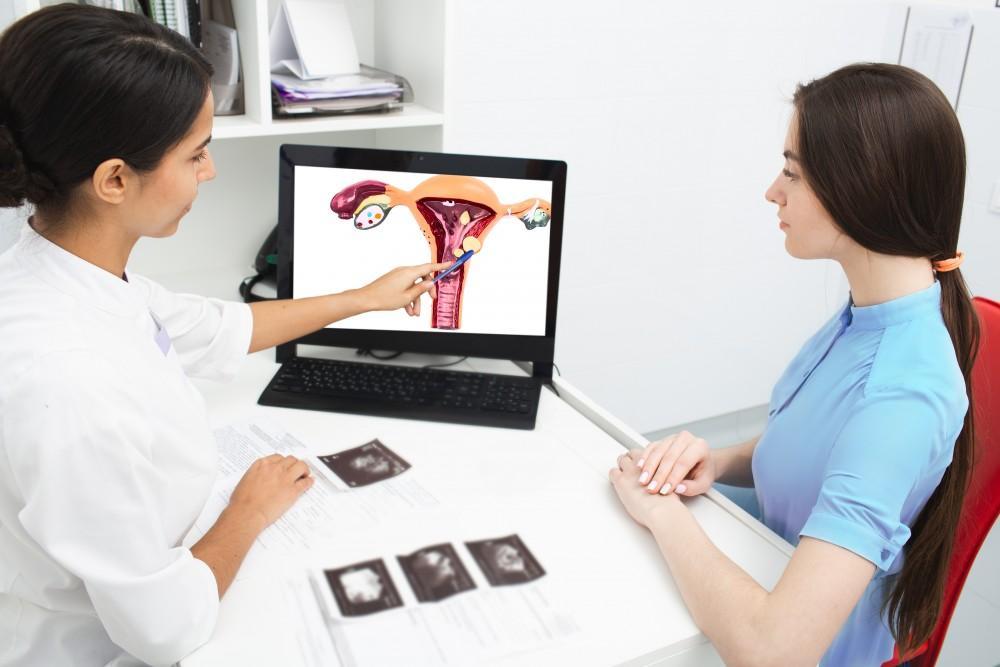
What to Expect From Your First 3D Mammogram
A mammogram is an X-ray of your breasts. It’s the best way to identify early...
Read MoreDid you know the healthy glow that often comes with pregnancy is partially fueled by a 50% increase in blood volume in your system? This means that you’re not only eating for two, you’re also beating for two.
Since February is National Heart Health Awareness Month, we here at The Women’s Center thought we’d dive into how a pregnancy affects this life-giving organ. This may help you understand the importance of maintaining great heart health as you bring a new life into the world.
While the changes to your body brought on by pregnancy are fairly obvious, given that you’re accommodating a growing life inside your body, there are some behind-the-scenes changes that may not be so obvious to the naked eye.
During your pregnancy, the volume of blood in your body increases by as much as 50%, which makes sense given that you’re sustaining two lives (maybe more?) instead of just yourself. This means that your heart is working overtime to ensure that your growing fetus receives the nutrients and oxygen it needs for healthy development.
In fact, a woman’s normal heart rate hovers around 70 beats per minute, but pregnancy can bump this number up to between 80 and 90. And when it comes time to deliver your child, your heart rate can go up another 30%. Rest assured, these elevated numbers settle back down in the weeks following your delivery, often resuming normal levels in about six weeks.
Along with this elevated heart rate, your heart beats may become a little more erratic, which we monitor closely through your prenatal visits. Irregular heart beats are fairly commonplace, and not cause for immediate alarm. Should you develop irregularities in your heart rhythm, it usually means we just keep a closer eye on the situation.
While the volume of your blood increases by as much as 50%, much of that volume is liquid, which ferries your oxygen-rich red blood cells to your uterus. Your body sends as much as one-fifth of your blood supply, especially toward the end of your pregnancy, to your uterus, as your unborn child begins to need more blood in order to sustain their own internal systems.
One of the effects of this roadblock in your blood supply is that you may experience some edema (or swelling) in your legs as your blood vessels are having a more difficult time returning all of this blood to your heart. This is perfectly natural and not necessarily cause for concern. You can offset this side effect of your increased blood flow by frequently elevating your legs and wearing compression stockings to help push the extra blood back to your heart.
While the above describes what happens to a healthy woman’s heart during her pregnancy, if you have a pre-existing cardiovascular issue, we place you under a higher standard of prenatal care to keep you and your baby safe. This also applies if you develop a heart issue during your pregnancy, such as high blood pressure.
Whether you have heart valve problems, a heart defect, or any other condition that may be exacerbated by a pregnancy, we work with you to find the best possible avenue for a healthy pregnancy.
If you’d like to learn more about the role your heart plays in your pregnancy, please don’t hesitate to call one of our eight locations in Ocoee, St. Cloud, Altamonte Springs, Oviedo, Orlando, and Celebration, Florida. Or you can use the online scheduling tool on this website to set up a consultation.




A mammogram is an X-ray of your breasts. It’s the best way to identify early...
Read More
About 1 in 10 women has ovarian cysts. These small growths form on your ovaries,...
Read More
If you and your partner have decided you’re ready to start growing your family, you’re...
Read More